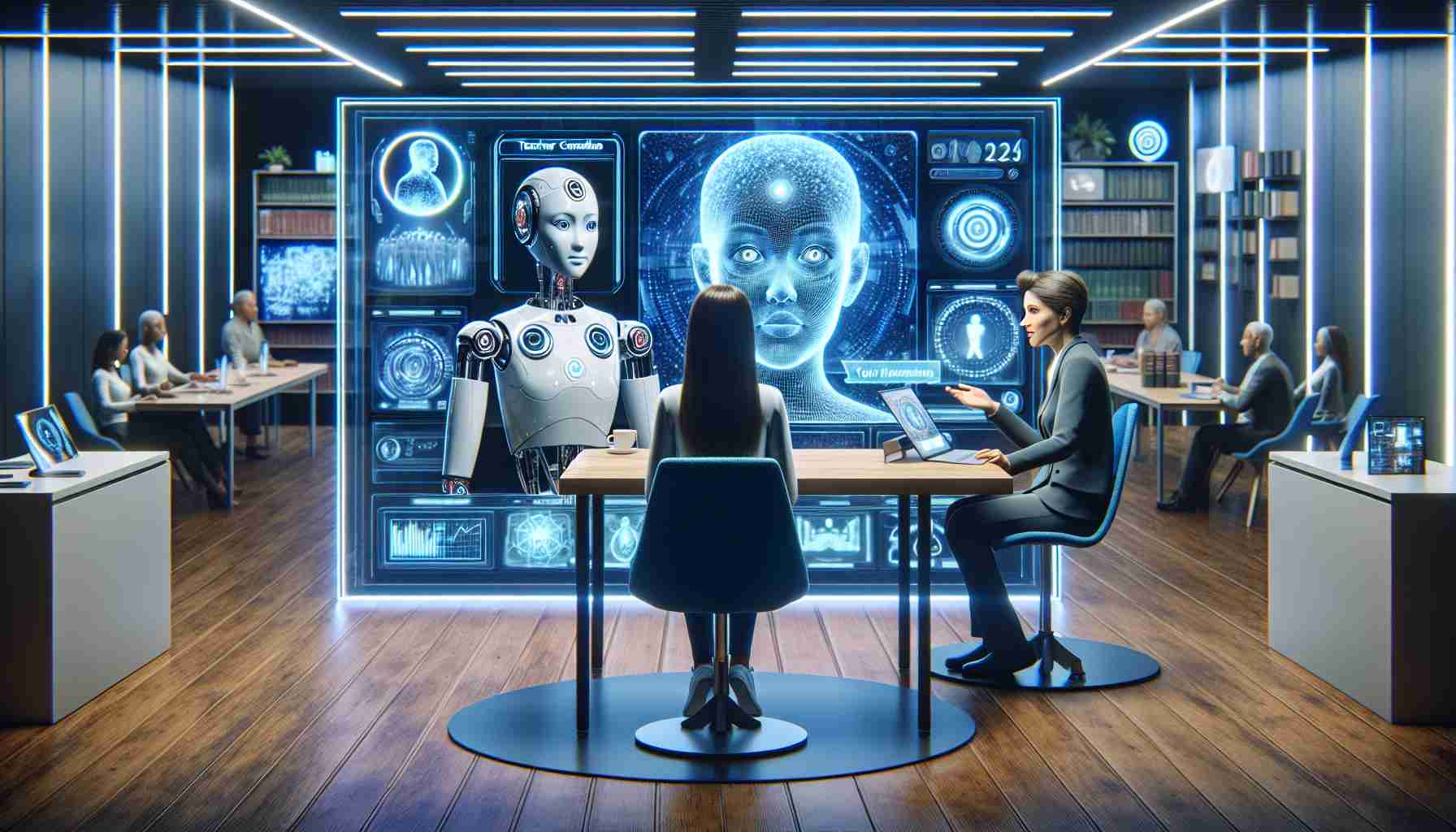Prospective Changes to Teacher Recruitment Strategies
The Ministry of National Education has hinted at a potential overhaul in the interview system for teacher appointments in 2024. Teachers have been advocating for selections based on the priority of Public Personnel Selection Exam (KPSS) scores. However, discussions of a new interview system suggest balancing KPSS scores and interview performance equally, each contributing 50%. Although this has not been officially decided, it’s a topic of heated debate.
The Role of Artificial Intelligence in Teacher Interviews
With rising concerns about the subjectivity and reliability of oral exams, there is speculation about artificial intelligence (AI) playing a part in the interview process. AI could provide impartial assessments based on various criteria:
1. Technical Skills: Evaluating necessary technical skills related to the teaching position, competence in programming languages, software tools, systems, and analytical problem solving.
2. Soft Skills: Assessing communication, presentation abilities, teamwork, problem-solving, adaptability, and time management.
3. Experience and Education: Considering previous work experience, educational background, qualifications, and certifications.
4. Personality and Motivation: Profiling personality traits, alignment with organizational culture, motivation, interest in the position, and career aspirations.
5. Data Analysis: Utilizing historical interview data and past performance to predict a candidate’s potential success.
Potential Advantages of AI in Interviews
AI could offer a more objective and consistent evaluation, reducing biases and discrimination. It promises time and cost efficiency and has the capability to process and analyze vast amounts of data promptly.
Potential Downsides of AI Utilization
Nonetheless, AI might struggle to assess emotional intelligence and social skills, raise ethical concerns, privacy issues, and risk inheriting biases from its programming.
In conclusion, while AI could modernize the interview process for teacher appointments, the balance between AI and human judgment must be carefully considered to utilize the strengths of both approaches.
Important Questions and Answers:
1. Can AI improve the fairness of teacher interviews?
AI has the potential to reduce biases in the recruitment process by providing an objective analysis of candidates’ skills and qualifications. However, the fairness of AI in this context depends on how well the AI is programmed and the extent to which it can reliably measure the soft skills and personality traits critical for effective teaching.
2. What challenges do AI interviews pose for privacy and data security?
AI-driven interviews would likely require candidates to provide personal data which could include sensitive information. Ensuring the privacy and security of this data is paramount. There are challenges related to data breaches or misuse, and there must be strict data protection protocols in place.
3. How might AI systems inadvertently introduce bias into the interview process?
AI systems can inherit biases present in their training data or through the subjective nature of their programming. Biases could manifest in preferences for certain demographics or in misinterpreting cultural nuances in a candidate’s responses which could unfairly affect the interview outcomes.
Advantages and Disadvantages:
Advantages:
– Consistency: AI can provide a standardized interview experience, free of human interviewer fatigue or mood swings.
– Efficiency: AI can screen large volumes of candidates quickly, saving significant time throughout the recruitment process.
– Analytical Insights: Advanced data analysis allows AI to potentially predict candidate success with greater accuracy than humans.
Disadvantages:
– Lack of Human Nuance: AI may not fully understand complex human expressions, body language, or emotional intelligence.
– Job Market Impact: There are concerns over AI potentially displacing human HR jobs as part of the automation trend.
– Technical Limitations: AI systems require vast training data to be effective; without substantial, varied, and unbiased data, their accuracy can be compromised.
If you’re interested in more information about the potential role of AI in various sectors, consider visiting the main websites like:
– IBM
– DeepMind
– OpenAI
Additionally, governmental and educational institutions often publish insights and research on the adoption of AI across fields, so visiting the websites of the Ministry of National Education in your country might provide specific details regarding their stance and explorations into AI for teacher recruitment.

